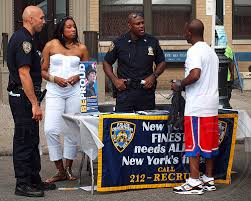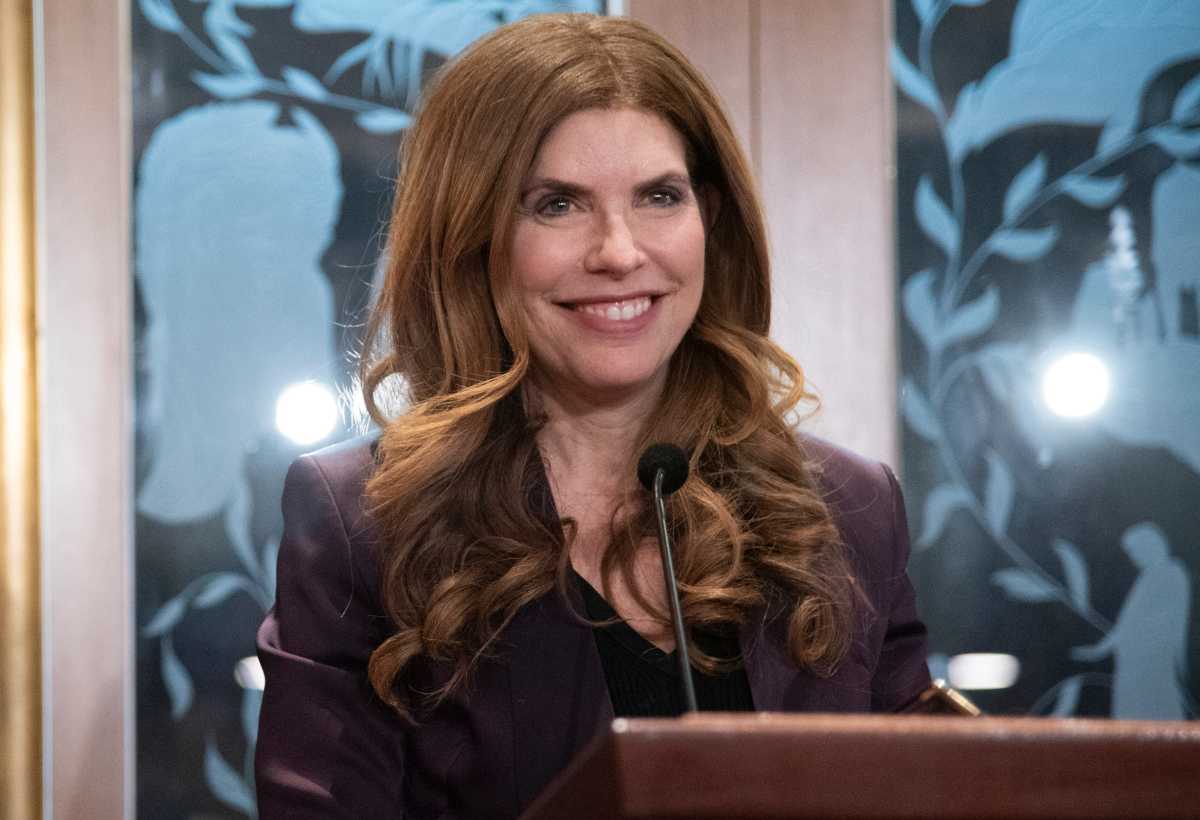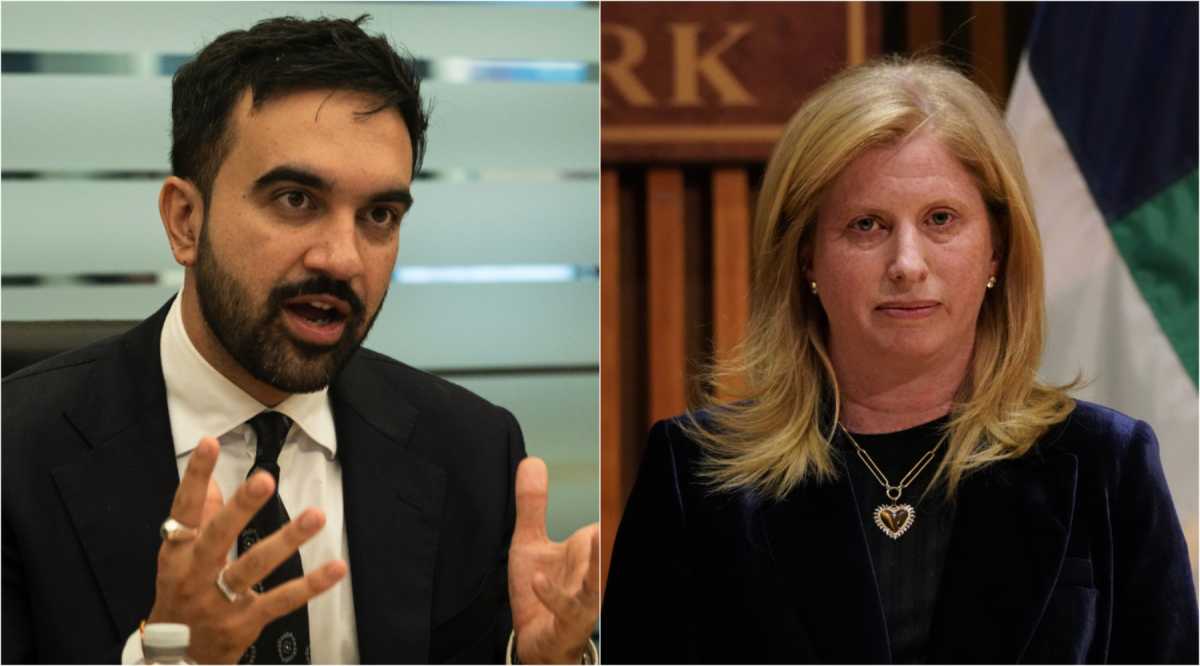Both Brooklyn Borough President Eric Adams and the City’s Public Advocate Letitia James were among those who weighed in with opinions on New York City Police Commissioner Bill Bratton’s statement in a recently published Guardian story that hiring more blacks as cops in the city was difficult because so many had criminal records.
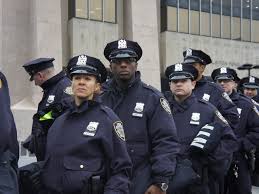
The article comes on the heels of a string of high-profile police killings of black men and as black male recruits made up only 6.86 percent of the NYPD’s 2015 police academy class, where as in 1970 – the tail end of the civil rights movement – it was 7.3 percent.
A complete criminal background check is a part of the application process that disqualifies a lot of recruits. Convicted felons are automatically taken out of the pool as well as anyone guilty of domestic abuse or dishonorable discharge from the military. Past summonses are viewed on a case-by-case basis.
“Black men want to serve and protect their communities, but a variety of factors have served as barriers to entry at One Police Plaza,” said Adams, who spent 22 years in the NYPD and retired as a captain before going into politics.
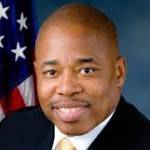
Adams suggests the solution to the diversity problem is hiring from the ranks of current school safety agents, traffic enforcement agents, and the Health and Hospitals Corporation police officers – all of which are affiliated with the NYPD.
“Unfortunately, we don’t allow them to take the NYPD exam if they don’t have two years of college experience, even if they have served honorably for more than two years on their respective forces. Expanding access to exams for these officers with two years or more of experience will help improve diversity because overwhelmingly these agencies are more diverse than the city they serve,” said Adams.
But one police source another issue regarding the diversity in the NYPD is that recruiters sometimes utilize social media in background checks of perspective recruits.
The content of a potential recruit’s social media page is viewed and though they may not be affiliated with a gang, the use of gang signs, symbols and various hand gestures, can in fact disqualify them from the opportunity of obtaining the position of an officer due to the possibility of involvement, said the source.
The source added this can be unfair as young people today often express themselves through social media and sometimes display signs just to fit in or to ward off possible predatory neighborhood dangers.
Bratton also said the use of stop-and-frisk is a huge factor in the eligibility or rather, un-eligibility, of non-white candidates, because the practice tends to target non-whites. Limited stop-and-frisk is still needed to help enforce the broken windows theory, which monitors smaller crimes in order to prohibit more serious crimes from happening, he said.
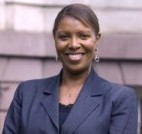
But James said just as stop-and-frisk needs curtailing, the broken windows theory of policing has outlived much of its usefulness.
“This is a teachable moment that affirms that broken windows policing destroys lives and opportunities. Individuals who are otherwise qualified to be police officers should have minor infractions forgiven. We need to enact polices that promote diversity for our police force and city as a whole,” said James.


